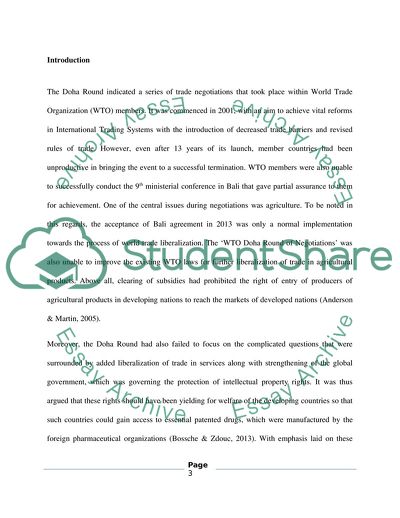Cite this document
(International Trade and Finance Law Coursework Example | Topics and Well Written Essays - 2500 words - 1, n.d.)
International Trade and Finance Law Coursework Example | Topics and Well Written Essays - 2500 words - 1. https://studentshare.org/law/1853207-international-trade-and-finance-law
International Trade and Finance Law Coursework Example | Topics and Well Written Essays - 2500 words - 1. https://studentshare.org/law/1853207-international-trade-and-finance-law
(International Trade and Finance Law Coursework Example | Topics and Well Written Essays - 2500 Words - 1)
International Trade and Finance Law Coursework Example | Topics and Well Written Essays - 2500 Words - 1. https://studentshare.org/law/1853207-international-trade-and-finance-law.
International Trade and Finance Law Coursework Example | Topics and Well Written Essays - 2500 Words - 1. https://studentshare.org/law/1853207-international-trade-and-finance-law.
“International Trade and Finance Law Coursework Example | Topics and Well Written Essays - 2500 Words - 1”. https://studentshare.org/law/1853207-international-trade-and-finance-law.


